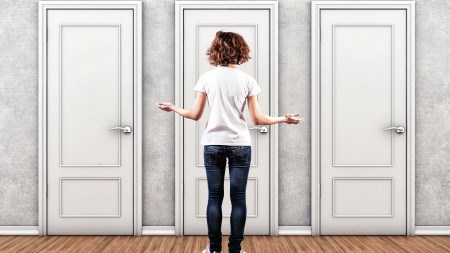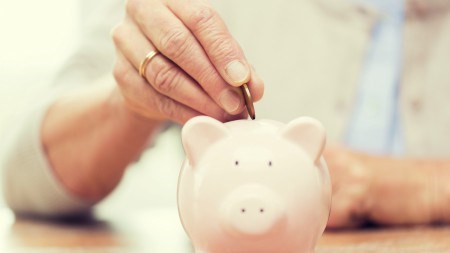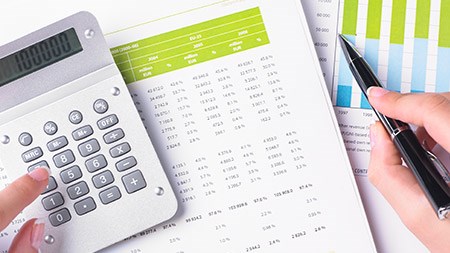The FNB Estate Agents Survey for the first quarter of 2019 found that about 50% of home owners who sell due to financial pressure are renting and the other 50% are buying cheaper properties.
There are pros and cons to both options, and the only way to decide which works for you is to carefully evaluate your finances and lifestyle.
Although owning a home may be beneficial over a long period, for many people renting is the better option as it can save you a considerable amount of money. The choice of whether to rent or buy a home is a personal one. Before making a hasty decision, you need to review all the aspects and choose the financial option that is right for you and your family.
Good reasons to buy:
One point in favour of buying instead of renting, is that monthly bond repayments will not increase yearly unless there is a rise in interest rates, whereas rent usually does increase at the end of the lease period.
If your finances are stretched, a rent increase could mean that you will have to find cheaper accommodation at the end of your lease. In addition to the stress of finding a new home and packing up your belongings, the additional costs of moving could wipe out any savings you may have built up through renting instead of buying.
See more: First time home buyers guide
Good reasons to rent:
- No maintenance costs or repair bills. The upkeep of owning a property can be expensive and a lot of work. The costs of maintenance or repairs on a rented property, on the other hand, are the landlord’s responsibility - along with the logistics of arranging these.
- No homeowners’ insurance. You would only need an insurance policy to cover household contents. Landlords carry the costs of insuring the building against fire and other damage, such as burst geysers.
- No property rates or taxes. Property rates and taxes and monthly levies can add significantly to the cost of owning a home. Landlords carry these costs if you are renting.
- No transfer duties or conveyancing costs. When buying a home you need to factor in the cost of legally transferring the property to your name, which can be considerable.
- Smaller down payment. Most landlords require one or two months’ rent as a deposit, whereas if you are buying a property – even a cheap one – you would need a deposit of at least 10% of the purchase price. You could also consider one of the financial products that enable tenants to lease a residential property without paying an upfront deposit.
- Access to amenities that would otherwise be additional expenses. Luxuries such as a swimming pool or a fitness centre come standard at many apartment complexes with no additional charge to tenants. This would enable you to save on monthly gym fees as well as travelling costs to and from the gym.
- Flexibility to move. If there is a possibility that you may have to move to be closer to better job prospects or for other reasons, then renting a home is preferable to buying.
- Rent is fixed for the length of the lease, whereas mortgage loan repayments can fluctuate with interest rates.
Disadvantages of renting:
- Renting offers no wealth creation or return on investment since the property will never legally belong to you.
- You will have no control over annual rental fluctuations, which are influenced by inflation as well as market conditions.
- There is no guarantee that a lease will be renewed when it expires, so you may find yourself having to find a new home and move at an inconvenient time.
- Tenants are bound by the rules of the lease agreement, which can inhibit your use of the property. For example, you may not make changes to a rented property without the consent of the owner.
Questions to ask before deciding whether to rent or buy:
- How much cash do you have to invest in a home?
- After buying, will you have the cash flow to pay monthly costs and maintenance or will you be ‘house poor’? If so, there is a danger that you will be unable to keep up monthly bond instalments, and will soon find yourself back in the same predicament.
- Do you want or need to have the flexibility to use your money in other ways? For example, do you need to pay off other debts?
- Is it better for various reasons to be able to pack up and move quickly at the end of a lease rather than worrying about the cost and time it takes to sell a home?
Read more: The cost of buying a home
Whether you choose to buy or rent, the most important thing is to choose something within your budget range, and not to overextend your finances. It is far better to live in a smaller home with low maintenance costs than run a household with high overheads and be financially stretched to the limit.





